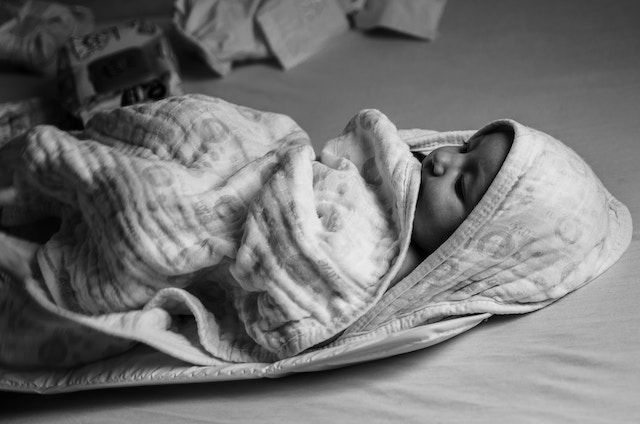Gaza Midwives: Vital Lifeline Amid Hospital Crisis
Gaza faces a critical healthcare crisis with hospital closures. Midwives emerge as key figures, providing essential care to pregnant women and newborns in extreme conditions.
Amid the escalating crisis in Gaza, where the closure of two major hospitals, Al Quds and Al Shifa, has severely limited medical resources due to fuel shortages and relentless bombardments, the role of midwives has become crucial. They are the unsung heroes providing vital care to the estimated 180 women giving birth daily in these challenging conditions.
Gaza City and northern Gaza's healthcare system is on the brink, with almost all hospitals non-functional due to power outages, lack of medical supplies, oxygen, food, and water, further exacerbated by the ongoing conflicts. This situation, as reported by the Office for the Coordination of Humanitarian Affairs (OCHA), presents a grim reality for expectant mothers and their newborns.
Narmeen Al Shafee, a 26-year-old midwife from Deir al-Balah, central Gaza, exemplifies the resilience and dedication of these healthcare workers. Her experience with the Palestinian Family Planning and Protection Association (PFPPA) outreach team highlights the dire circumstances faced by pregnant women. One such case involved a 29-year-old woman, displaced and forced to undergo a cesarean section, who was later denied shelter due to infection risks. Al Shafee and her family took them in, providing necessary postnatal care and support.
 Photo by Chuttersnap
Photo by Chuttersnap
The challenges extend beyond physical health. Al Shafee's 23-year-old cousin, a first-time mother who lost her husband in the war, represents the emotional and psychological toll on these women. Despite giving birth in Nasser Hospital, Khan Younis, her child faced complications, and Al Shafee had to step in to provide care and guidance on breastfeeding, a task made difficult by the traumatic circumstances.
Another unnamed midwife, also formerly with the PFPPA, described her efforts in offering consultations and advice to pregnant women, addressing issues like severe cramps, lung maturation for fetuses, and providing information on correct medication usage. These anecdotes underscore the critical role midwives play in offering not just medical care but also emotional support and guidance in a region where healthcare infrastructure is collapsing.
The United Nations Population Fund (UNFPA) estimates that there are 50,000 pregnant women in Gaza, with 15% likely to encounter complications. Inadequate healthcare facilities mean many are forced to give birth under perilous conditions - in cars, streets, or overcrowded shelters, risking infection and disease. Reports of cesarean sections being performed without anesthesia and a complete lack of postnatal care paint a harrowing picture.
Early labor and miscarriage rates are expected to rise due to the trauma and harsh conditions. Al Ahli Hospital in Gaza City, currently overwhelmed with over 500 patients, remains the only facility equipped to receive patients amid these challenges. Shifa Hospital's situation is particularly dire, with 32 deaths, including three premature infants, reported since power outages began on November 11.
The situation in Gaza is a humanitarian crisis of immense proportions. The critical role of midwives in providing care and support to pregnant women and newborns amidst these dire conditions cannot be overstated. Their dedication and resilience are a beacon of hope in an otherwise bleak landscape. An immediate ceasefire and the unimpeded delivery of humanitarian aid across Gaza are essential to prevent further maternal and neonatal fatalities and to support the heroic efforts of these healthcare workers.
For more information or media inquiries, contact media@ippf.org. Donations to support the IPPF's emergency appeal for Palestine can be made through their website.
PFPPA, established in Jerusalem in 1964, is a non-profit, non-governmental organization dedicated to providing sexual and reproductive healthcare and advocating for rights, especially in marginalized communities. IPPF collaborates with 149 Member Associations worldwide, promoting sexual and reproductive health rights and fighting against rights violations. They emphasize care rooted in rights, respect, and dignity for all.
Source: relifweb





